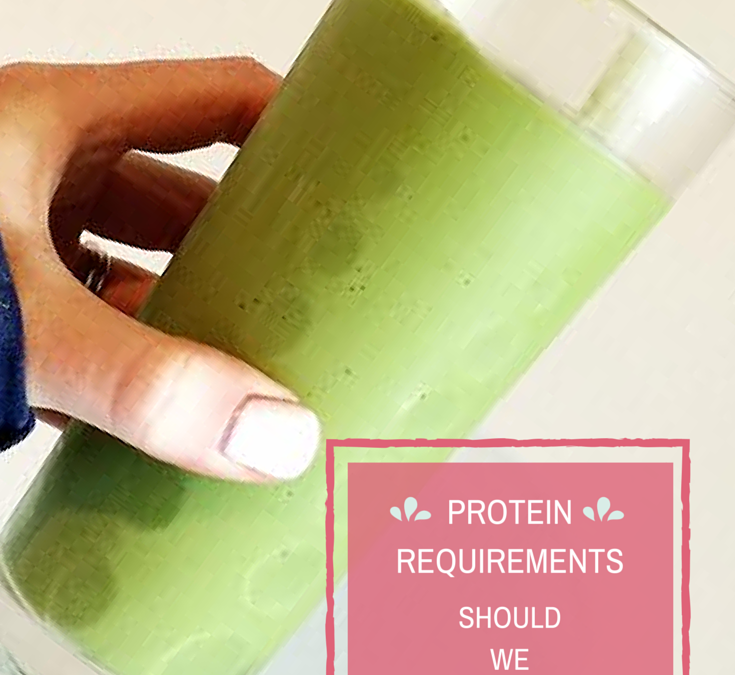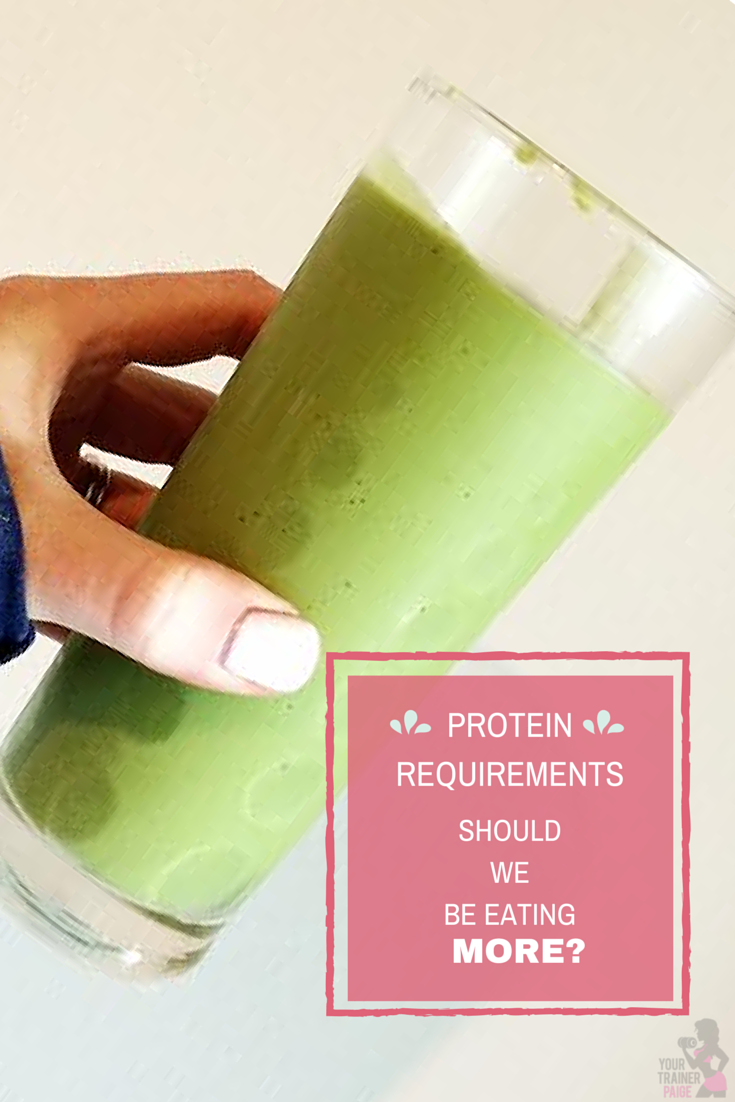Some thoughts and discussions from me.
Hey hey! How’s your week going?
Mine’s going quite lovely, but I have to admit: I had to pull out all of the stops to keep my mindset positive.
I woke up groggily around 5am on Monday to say goodbye to Shane, who was leaving for a business trip in Vegas. It’s never fun when he has to travel, but on Monday I also woke up having had one too many bloody mary’s the day before, Day 1 of that dear aunt flow, and my mindset was just down in the dumps.
If I wake up like this, I know exactly what to do: go straight into my morning routine. Lo and behold, about :30 into my morning walk, I began looking at the world with gratitude again.
I swear, having a morning routine is one of the best things we can do to set a good tone for the day. I feel like morning routines’s have been a topic that’s been posted about ad nauseum, but if you’d like to hear more about mine, I’d be happy to share.
Nevertheless, the productivity was not quite as up there as it usually is, and I found myself procrastinating by reading up on the latest research studies in the fitness and health world. This study in particular caught my attention with this headline: Protein: a Nutrient Focus.
Protein seems to be the most highly debated macronutrient amongst the fitness industry:
How much protein do I need?
When should I have my protein shake?
Which protein powder/bar/bite/etc. should I buy?
What are good sources of protein?
I’d also say that manipulation of protein tends to have the greatest effect of fat loss for a few reasons:
- Protein has a very high satiety factor, meaning it keeps you fuller, longer, because of the length of time needed to digest
- It has the highest thermogenic effect, meaning it takes the most amount of energy (calories) to break down and digest protein
- It promotes protein synthesis in the muscles
New Study: Recommended Protein Intake Should be Increased?
[Tweet “Protein requirements: should we be eating more? via @TrainerPaige”]
The current protein requirements from the DRI are .66-.8 grams per kilogram of bodyweight. Currently, the method used to determine this recommendation is the nitrogen balance technique. However, this technique has beeen shown to have several limitations, and underestimate the amount of protein needed, and overestimate the amount of nitrogen excreted.
A newer method for determining protein intake the the amino acid oxidation technique, which still has limitations, but has shown several interesting factors, one being that we might need more protein than what’s currently recommended. Specifically, this method has shown the need as 20-30% higher than the nitrogen balance technique.
Furthermore, the study showed that consuming 25-35 grams of high quality protein per meal (breakfast, lunch and dinner) could help prevent protein breakdown and muscle loss. This was shown to be especially the case in older adults, who are most susceptible to sarcopenia (muscle tissue lost due to the natural aging process.)
It also supported current recommendations that those who are trying to lose fat should consume a higher protein diet because of both the satiety and thermogenic effects of protein.
The Gist of the Study
- A new method of determining recommended protein intake showed we could need 20-30% more than what the DRI is currently recommending
- Consuming a moderate amount of high quality protein several times a day might be better than eating it all at once
- There’s still quite a few “mights and coulds” – work with a professional/your physician/RD for your personal intake 😉
[Tweet “New study: Recommended Protein Intake Should be Increased? via @trainerpaige”]
Your thoughts on the study?
About how much protein do you eat a day?





Right now I am shooting for 130! I would say in general I have always had a pretty high protein diet when left to my own devices!
I eat a little over 1g/lb of bodyweight. I think the RDA is kind of behind the times when it comes to optimal protein intake for athletes or active people trying to gain or maintain muscle, especially if simultaneously trying to lose fat. I know Alan Aragon and Brad Schoenfeld have done a lot of research on optimal protein intake for athletes, I love reading about the latest nutrition research Man, if I only ate 45g of protein per day I’d be SO hungry!!